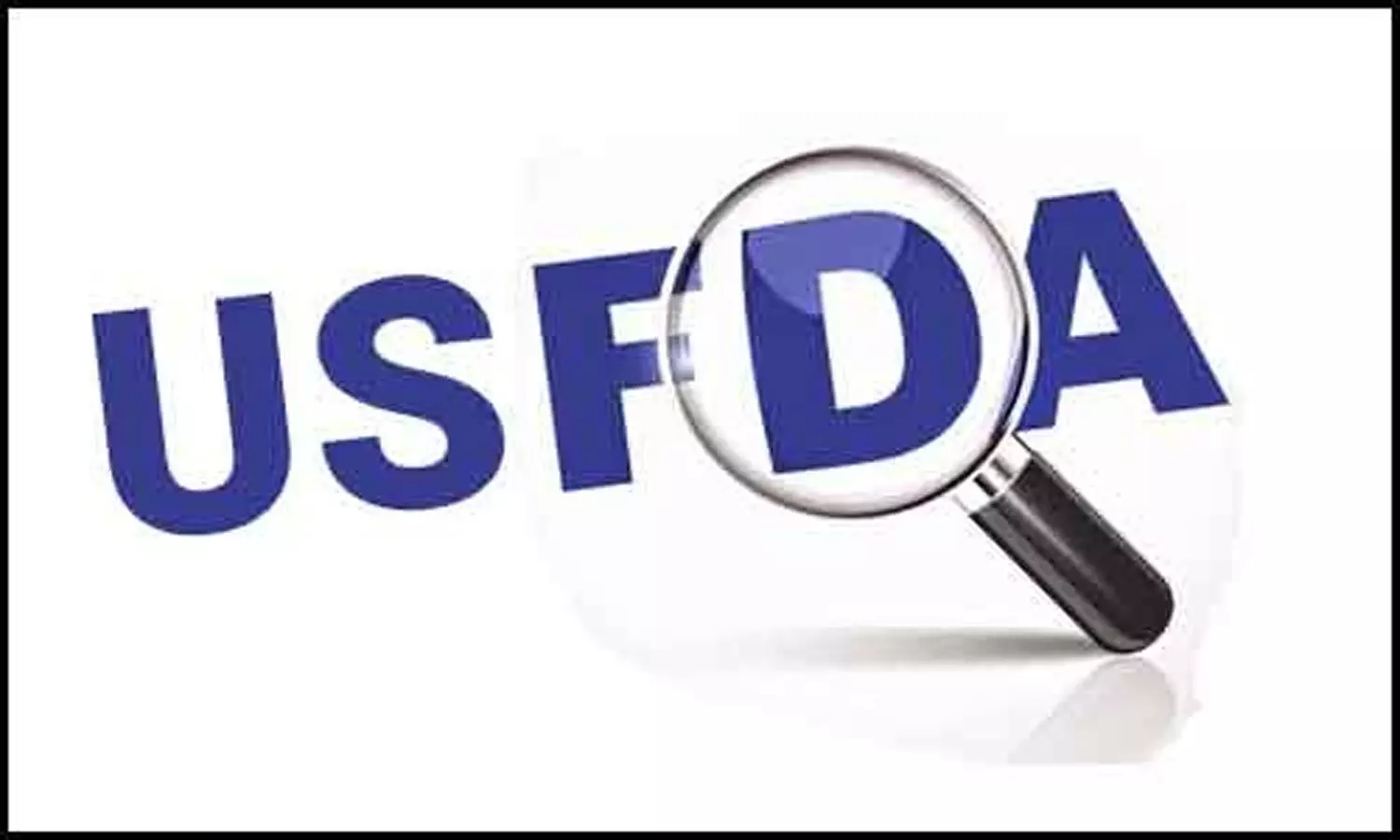In a significant stride toward expanding its global footprint in rare disease therapeutics, Zydus Lifesciences has announced its intention to move forward with a regulatory submission to the U.S. Food and Drug Administration (USFDA) in Q1 2026, following positive topline results from its EPICS-III Phase 2b/3 clinical trial evaluating Saroglitazar Magnesium for the treatment of Primary Biliary Cholangitis (PBC).
This announcement marks a pivotal moment for Zydus, a discovery-driven global lifesciences company headquartered in Ahmedabad, India, as it prepares to bring a novel therapy to patients suffering from a chronic and potentially life-threatening liver condition.
About the EPICS-III Trial
The EPICS-III trial is a multicenter, randomized, double-blind, placebo-controlled Phase 2b/3 study designed to evaluate the efficacy and safety of Saroglitazar Magnesium in patients diagnosed with Primary Biliary Cholangitis—a progressive autoimmune disease that damages the bile ducts in the liver, leading to fibrosis, cirrhosis, and eventually liver failure2.
The trial enrolled 196 patients across 57 locations in the United States, including major research centers in California, Florida, and New York. Patients were administered either 1 mg or 2 mg doses of Saroglitazar Magnesium or placebo over a defined treatment period. The primary endpoints focused on reduction in alkaline phosphatase (ALP) levels, a key biomarker for PBC progression, along with improvements in bilirubin, liver transaminases, and clinical symptoms such as pruritus (itching) and fatigue.
Positive Topline Results
Zydus reported that the EPICS-III trial met its primary and secondary endpoints, demonstrating statistically significant improvements in liver biomarkers and symptom relief compared to placebo. The drug was well tolerated, with no major safety concerns reported.
These results build on earlier Phase 2 data published in the Journal of Hepatology, which had already positioned Saroglitazar Magnesium as a “best-in-disease” candidate for second-line therapy in PBC. The compound has also received Orphan Drug Designation and Fast Track Designation from the USFDA, further accelerating its path to regulatory review.
Regulatory Path Forward
With the EPICS-III trial now completed and topline data in hand, Zydus has confirmed plans to submit a New Drug Application (NDA) to the USFDA in Q1 2026. This submission will include comprehensive clinical data, safety profiles, and manufacturing details required for regulatory approval.
The company’s regulatory strategy is bolstered by the drug’s Orphan Status in both the U.S. and Europe, which provides benefits such as extended market exclusivity, reduced fees, and priority review.
A spokesperson from Zydus Lifesciences stated, “We are deeply encouraged by the EPICS-III results and remain committed to bringing Saroglitazar Magnesium to patients with PBC, a community that has long awaited safer and more effective treatment options.”
Global Impact and Market Potential
Primary Biliary Cholangitis affects approximately 1 in 1,000 women over the age of 40, with a prevalence rate nearly nine times higher in women than men. Current treatment options are limited, and many patients experience persistent symptoms despite therapy.
Saroglitazar Magnesium’s dual action as a peroxisome proliferator-activated receptor (PPAR) alpha and gamma agonist offers a novel mechanism that could address both biochemical and symptomatic aspects of the disease. If approved, the drug could capture a significant share of the global PBC market, which is projected to grow steadily due to increasing diagnosis rates and unmet clinical needs.
Scientific Leadership and Collaboration
The EPICS-III trial was led by Principal Investigator Prof. Raj Vuppalanchi, a renowned hepatologist, and involved collaboration across three countries. Zydus has acknowledged the contributions of its clinical partners and patients, emphasizing the importance of global cooperation in advancing rare disease research.
The company also hinted at ongoing studies exploring Saroglitazar’s potential in other liver conditions, including Non-Alcoholic Steatohepatitis (NASH) and Primary Sclerosing Cholangitis (PSC).
What’s Next?
As Zydus prepares its NDA for submission, the biopharma community will be watching closely. The successful approval of Saroglitazar Magnesium could not only transform the treatment landscape for PBC but also reinforce India’s growing role in global drug innovation.
Investors, clinicians, and patient advocacy groups are optimistic about the drug’s trajectory, and further data releases are expected in the coming months.
Sources: Zydus Life, Clinical Trials, Clival

